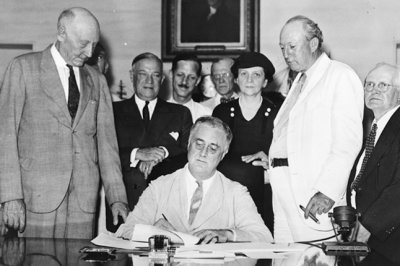Topic: Richard von Krafft-Ebing
Richard Freiherr von Krafft-Ebing (14 August 1840 – 22 December 1902) was an Austro–German sexologist and psychiatrist born in Mannheim, Baden, Germany. He studied medicine at the University of Heidelberg, specialized in psychiatry, and then worked in psychiatric asylums. Upon becoming disappointed with the workings of psychiatric hospitals, he pursued an academic career as a professor, a public lecturer on psychiatry, hypnotist, and a forensic expert at Strasbourg, Graz, and Vienna, the Austro-Hungarian capital.
The principal work of Dr. von Krafft-Ebing, Psychopathia Sexualis: eine Klinisch-Forensische Studie (1886) is a series of sexual case histories of the varieties of human sexual behaviour. It popularized the terms sadism, derived from the brutal sexual practices depicted in the novels of the Marquis de Sade; and masochism, derived from the surname of Leopold von Sacher-Masoch, whose novel Venus in Furs (1870) features a protagonist who requires flogging and sexual enslavement by a beautiful woman, and early uses of the terms homosexual and heterosexual.
As a psychiatrist, Dr. Richard von Krafft-Ebing wrote Psychopathia Sexualis: eine Klinisch-Forensische Studie (Sexual Psychopathy: a Clinical-Forensic Study, 1886) as a forensic reference book for physicians and judges; written in high academic style, the introduction noted he had "deliberately chosen a scientific term for the name of the book, to discourage lay readers", likewise did he write "sections of the book in Latin for the same purpose." Sexual Psychopathy was one of the first books about sexual practices that studied homosexuality; the clitoral orgasm and jouissance, the sexual pleasure of the woman; and proposed consideration of the mental-state of sexual criminals in the legal judgement of their actions. As such, it was the medico–legal textual authority on psychosexual diversity, and a most influential human sexuality book until Sigmund Freud published his works.
It uses material from the Wikipedia article "Richard von Krafft-Ebing."






